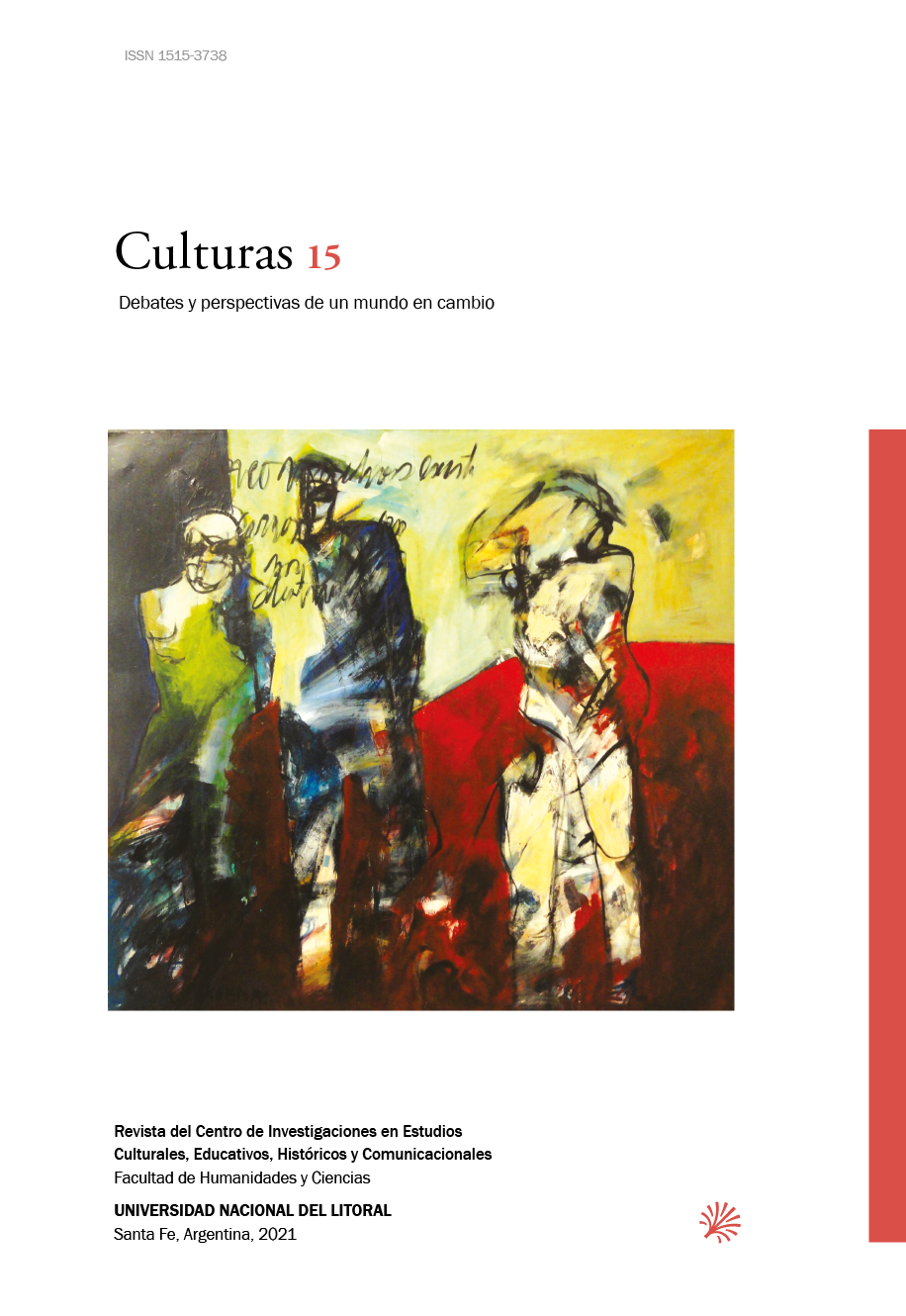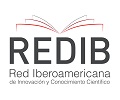Being in the present, looking at the past and thinking about the future:
two audiovisual considerations on democratic transitions
DOI:
https://doi.org/10.14409/culturas.v0i15.11234Keywords:
democracy cinema, transition narratives, post-dictatorship, post-franquismoAbstract
This article attempts to observe the reflexive link between two audiovisual products, their production contexts and the transitions between authoritarian processes and democracy in the countries they represent: Spain and Argentina. The films analyzed are the Spanish El futuro (Luis Lopez Carrasco, 2013) and the Argentinian Lo que vendrá (Gustavo Mosquera, 1988). Despite the temporal and geographical distance between the two films, we detect some points in common, such as the centrality of young subjects motoring the story and peculiar handlings of the temporal element as a narrative strategy, which allow us to structure the comparative analysis in order to study them as original references within the framework of the transition narratives of their cinematographies. In this sense, without ignoring the differences between the films, their production contexts and their relationship with the past, joint reading will allow us to derive reflections on certain ways of expressing in images views of the present always traversed by their corresponding pasts.






